world photography day
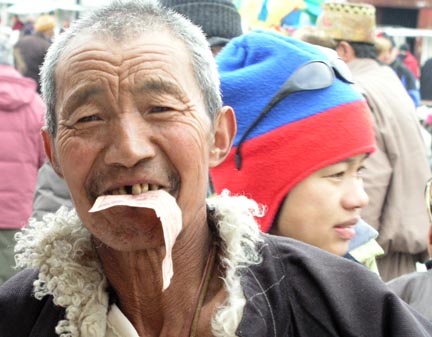
Tibet
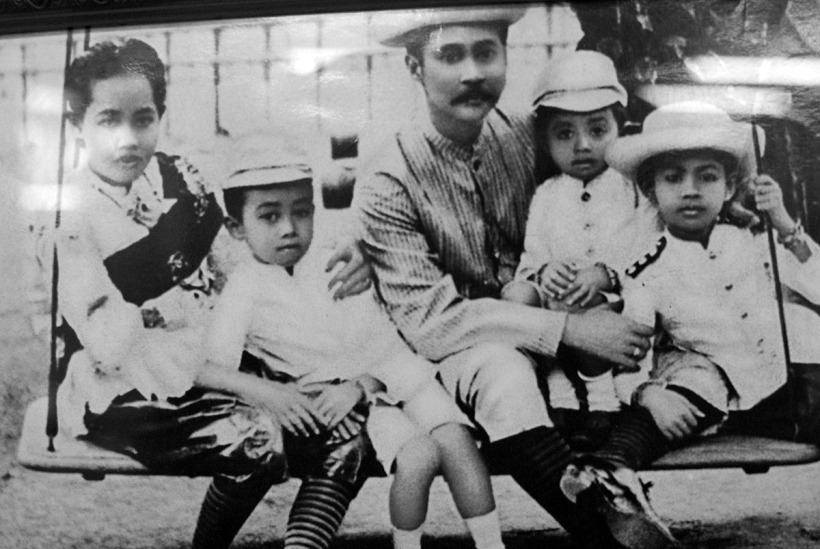
Laos
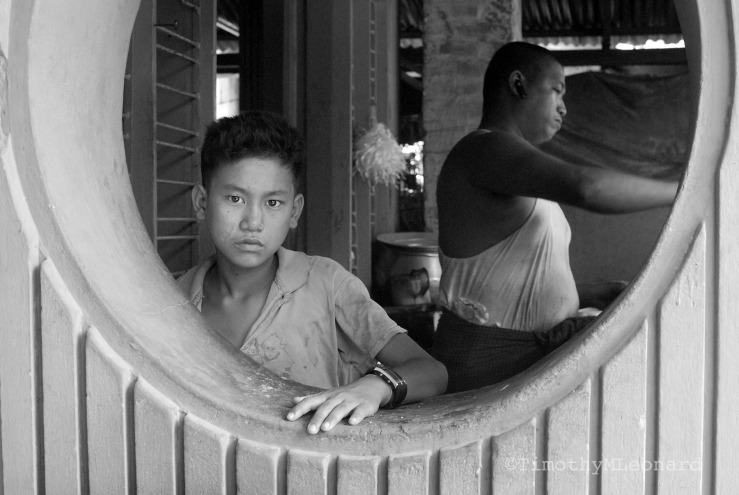
Burma
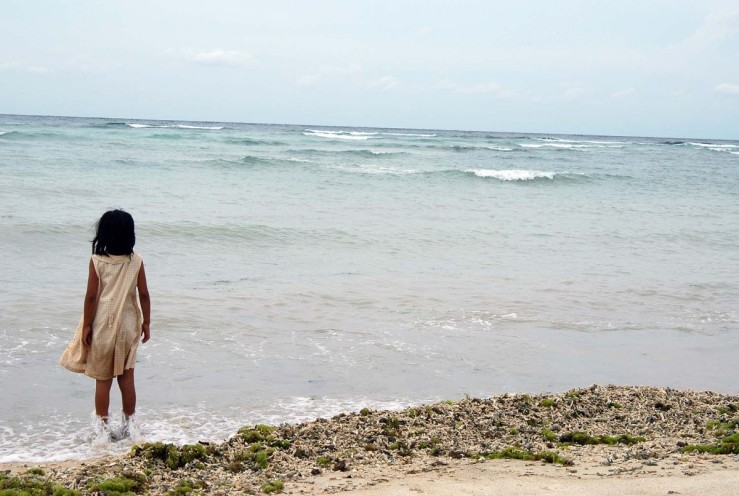
Indonesia
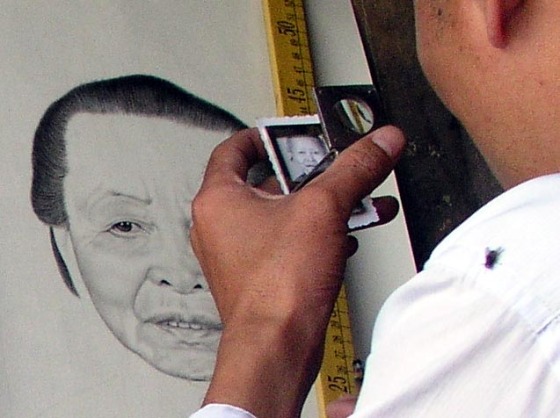
China
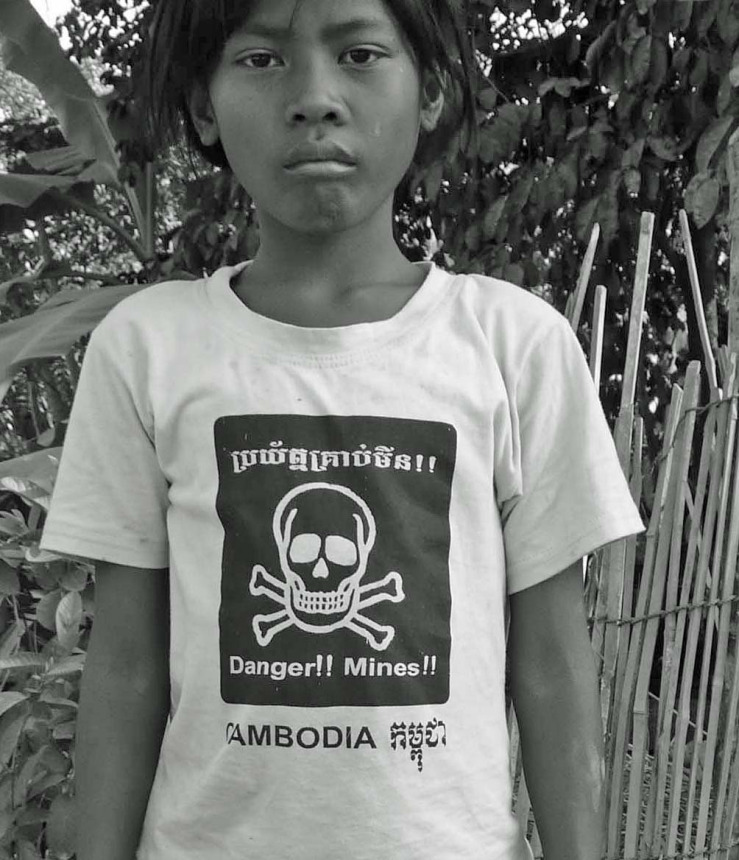
Cambodia
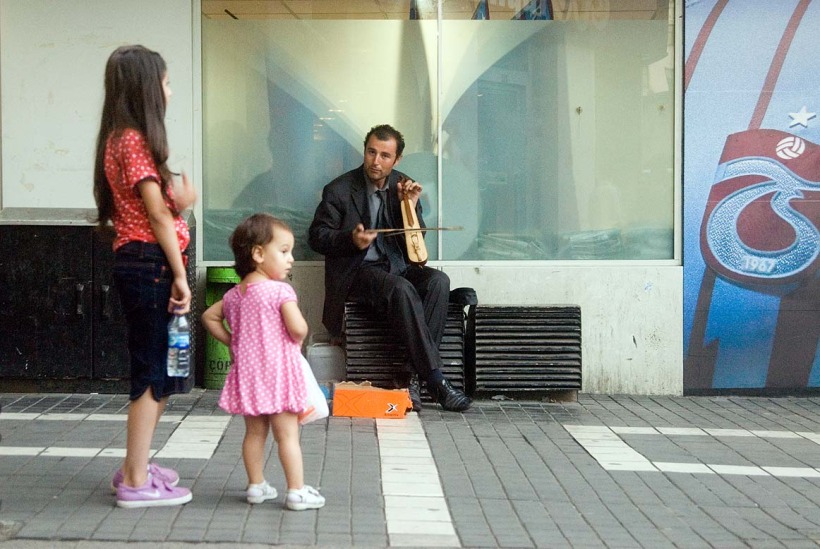
Turkey
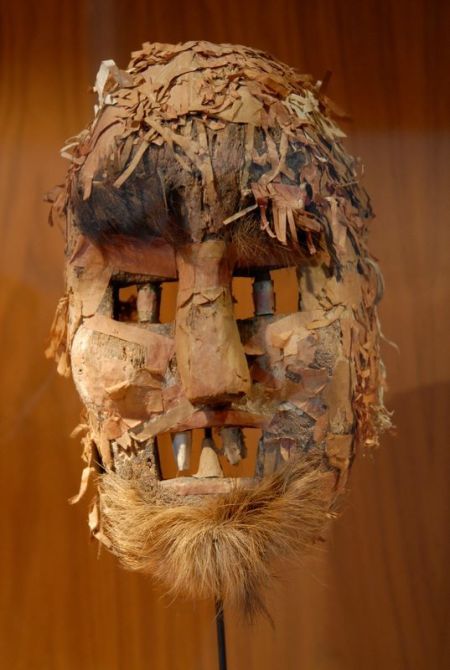
Vietnam
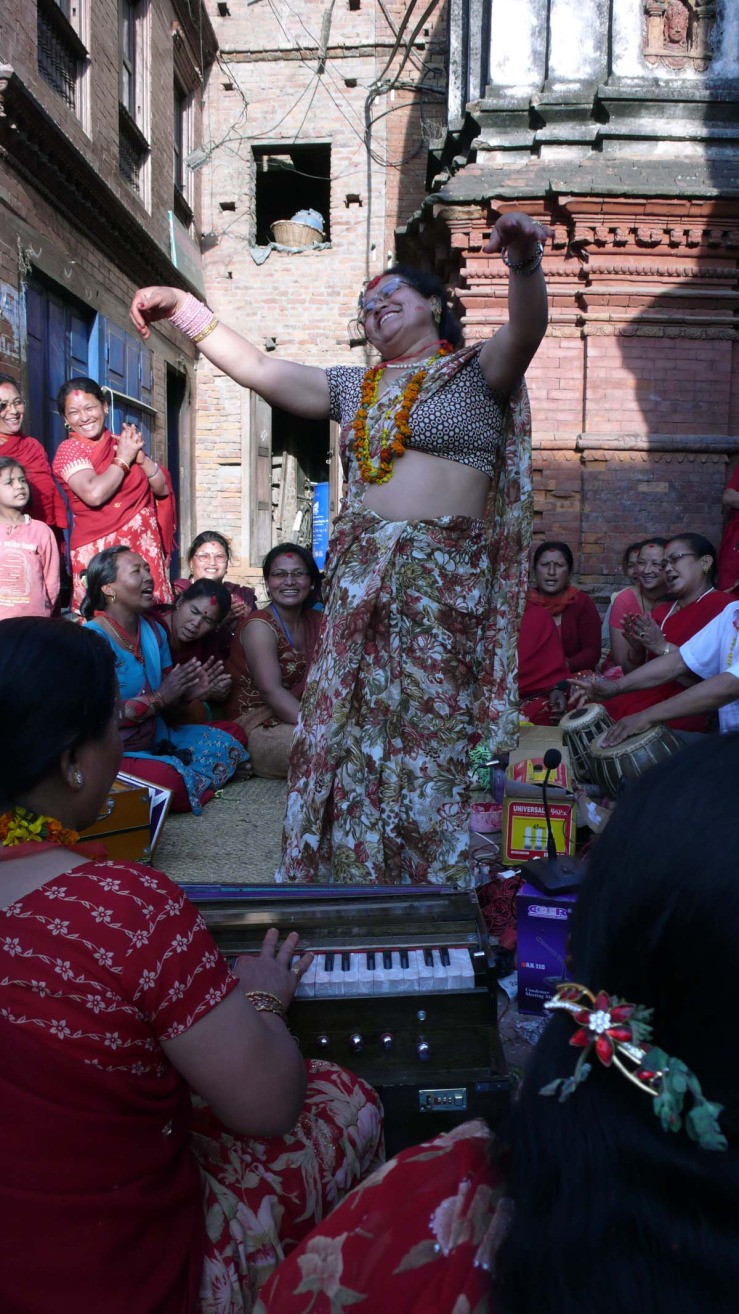
Nepal

Tibet

Laos

Burma

Indonesia

China

Cambodia

Turkey

Vietnam

Nepal
Writers and artists know it's all about choosing your quality tools wisely.
A well traveled 35-year old Mont Blanc Meisterstuck 149 piston fountain pen with a 14K gold nib and platinum inlay. The art of writing.
Language, writing, culture and civilization.
Been with us since passing through Hong Kong en route to a hotel management gig in Beijing. It's the feeling, joy of heft, ink distribution and quality. The edge on Moleskine paper, touch, sensory stimulation. Slowing down.
If you use a fountain pen you know what we mean. These days people crank out material with anything handy. Test out a fountain pen next time you're in the market for a quality writing instrument. Savor the precision.
Chinese students learn writing using them at the pre-university level.
Ancient influence of calligraphy and the fine arts. Before ball points and gels become ubiquitous in their lives.
An Edinburgh, Scotland school teaches students how to use a fountain pen.
"The pens improve the quality of work because they force the children to take care, and better work improves self-esteem," principal Bryan Lewis said. "Proper handwriting is as relevant today as it ever has been."
Happy writing. Go with the flow.
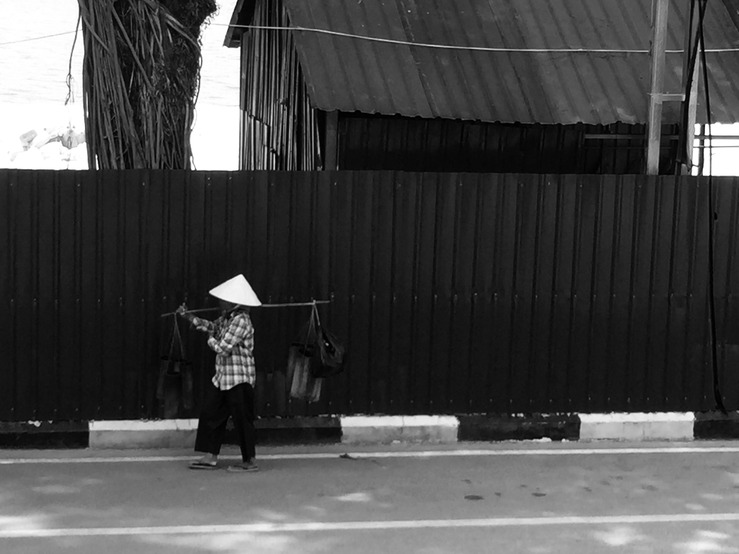
Random musings from a Moleskine notebook.
After a long steady heavy rain a pregnant woman
propped her mop made of strands - discarded rainbows -
as her dispassionate husband shucked peas
removed garlic shells from protective casing
after the sky finished crying to wash student street where
parades of disenfranchised university youth
sought shelter from the storm and well after open windows
released cello notes as a child sitting upright
tuned eyes to black notes on white pages
determined to master the instrument
another music student hammered
piano keys behind locked doors
pleasing Tiger Mom
flies gathered around brown sticky paste slowly
dripping off a cracked plate with their feelers
extending hope toward a thin white butterfly lifting off a green leaf

A diver spoke about money exchange systems after coming up for Air.
How the value of economic currencies fluctuates.
A butterfly and turtle have so much in common.
One in air one in water.
Both floating.
A Zen monk related a story.
"Before becoming a monk I was an English teacher in an Experimental High School near Chengdu in Southwest China. One day I held up a walnut."
“What is this?”
They answered in Mandarin.
I wrote “walnut” and “metaphor” on the board. “This walnut is like a person I know, very hard on the outside. They are very safe and secure inside their shell. Nothing can happen to them. What is inside this shell?”
“Some food,” said a boy.
“How do you know?”
“My mother told me.”
“Do you believe everything your mother tells you?”
“Yes, my mother always tells the truth.”
“Really?”
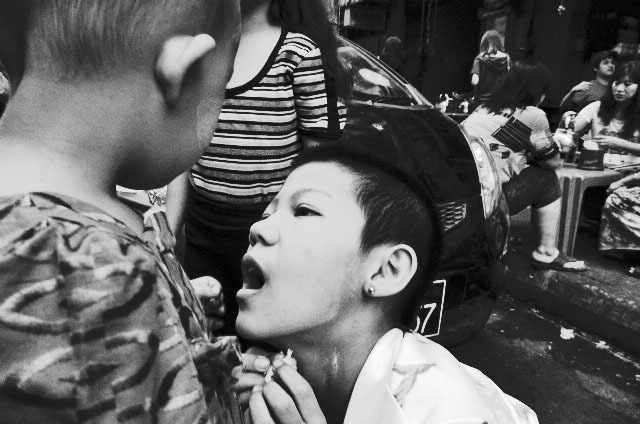
“Well, that’s good, but I wonder if mothers always tell their children the truth. Why? Because mothers and fathers like to protect their children and keep them safe. Especially young children. Now you are in high school and developing as a more complete and mature human being. It’s good to question things and find out the truth for yourself. Do you understand?”
Some said “yes,” others nodded passively.
“This walnut is a metaphor for the self. A symbol. The self that is afraid to take risks because they are “protected” by their shell. Maybe the reality is that the shell is empty. How do we really know what is inside.”
“It’s a mystery,” said a boy.
“That’s right, life is a mystery. How will we find out what’s inside?”
“You have to break it open,” said a boy with poetic aspirations.
“Yes, you or I will have to break open the shell, our shell, break free from the shell to know what is inside. That can be a little scary when we are conditioned and comfortable carrying around the shell every day isn’t it?”
“It’s our self,” whispered a girl in front.
“Very good. It’s our self, this shell and the mystery. We have to take risks and know nothing terrible is going to happen, like trying to speak English in class.”
“If we don’t break the shell we’ll never feel anything,” said another boy.
A girl in the back said, “it means it’s hard to open our heart. It’s hard to know another person and what they are thinking, how they are feeling.”
“You got it,” I said. “We’ll never experience all the feelings of joy, love, pain, sorrow, or friendship and miss out on life.”
This idea floated around the room as I juggled the shell in my hand.
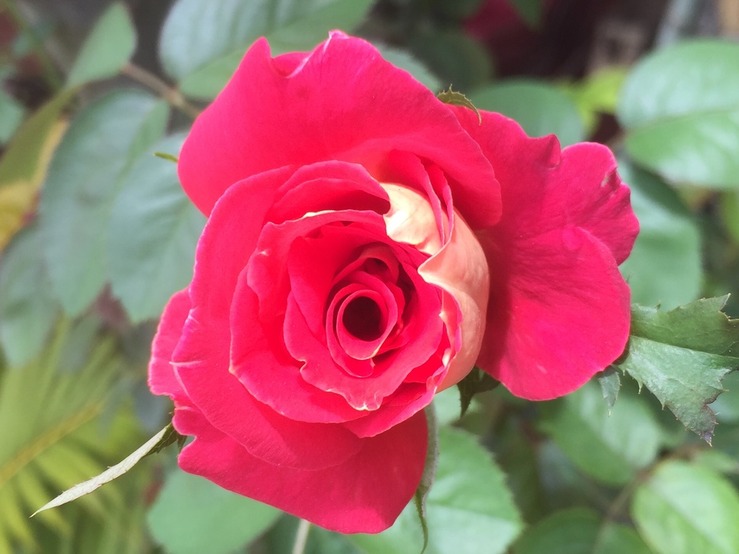
“I know people who grow very tired every day from putting on their shell before they leave home. It gets heavier and heavier, day by day. Many carry their shell into adulthood. It’s like wearing a mask. They look alive but inside they are dead. But eventually, maybe, something important happens to them at the heart- mind level and they decide to break free from their shell and see what’s inside. They say to themselves, ‘This shell is getting really heavy and I’m so tired of putting it on and carrying it around. I’m going to risk it.’”
I smashed the shell on the table. It splintered into pieces. Students jumped with shock.
“There, I’ve done it! I smashed my shell. Can it be put back together?”
“No,” they said.
“Right, it’s changed forever. The shell is gone.”
I fingered small pieces of shell, removing them from the nut.
“See, it’s ok. Wow! Now it’s just an old useless shell. It doesn’t exist anymore. It’s history. It will take time to remove pieces of my old shell. Maybe it’s fair and accurate to say the old parts represent my old habits, behaviors, and attitudes. It happened. From now on I will make choices using my free will accepting responsibility for my behavior. And, I know nothing terrible will happen to me. I feel lighter. Now I can be real. That’s the walnut story.”
“Well,” mused a sad serious girl named Sylvia Plath, “I believe every living object; seed, flower, tree and animal has an anxious soul, a voice, sexual desires, a need for survival, and feels the terror at the prospect of annihilation.”
“Language dreams itself."
![A Century is Nothing by [Timothy Leonard]](https://m.media-amazon.com/images/I/512xA5ZTGsL.jpg)
I shared a fairy tale with 80 freshmen in Utopia. Once upon a time in the long now there was a continent, a landmass floating on water. White barbarians labeled it Asia on dusty maps. Deep inside Asia were vast lands, rivers and mountains.
Overtime, a historical bandit with a reputation for laughter, magic, fear, superstition, and an insatiable appetite for diverse languages, customs and cultures lived in jungles and forests. Others preferred living in remote mountains.
Jingle, jangle, jungle. Using natural materials they created musical instruments, simple weapons, homes, fish traps, snares and tools like looms. The women had babies, wove cloth and prepared food. Men fished, planted crops, domesticated animals. Children in extended families learned life lessons.
One day a boat filled with white men sailed down the heart of darkness to a village deep in the jungle. They wore shiny clothing, spoke a language the people didn't understand and carried weapons that made a lot of noise and scared the people. They pretended to be friendly by offering gifts. The leader of the village welcomed them. They had a party.
Life is a party. Too soon it's yesterday.
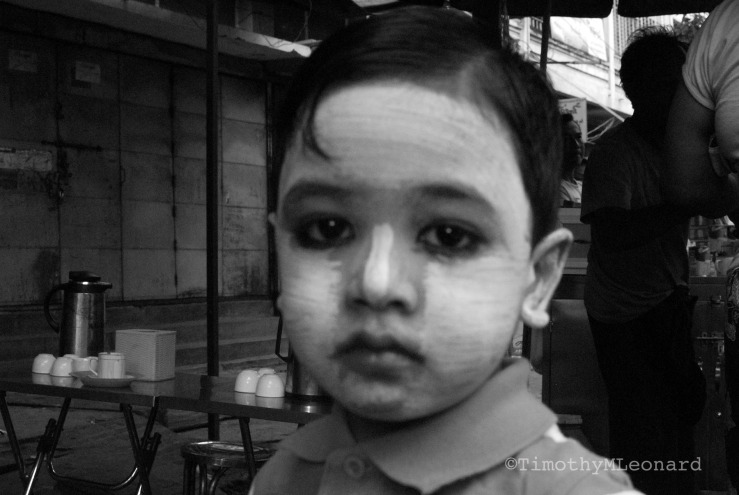
Mandalay, Burma
Every day more white people came down the river on boats named Destiny. They were on a quest for gold and slaves. Owning, using and discarding slaves had proven to be an essential part of their historical evolution on other continents. Their mantra was cheap people, cheap labor, cheap raw materials, cheap goods, cheap markets and much Profit.
We are civilized and you are savages, said the white men. We have religion. It is called Greed & Wealth. We are on a mission from the great chief. We control fire. We control time. We control people. We control nature. We have machines. We take what we want.
The village gave them hospitality and shelter and friendship. The white men were greedy. They took control of the village, the people and the jungle.
Every day the white men marched their slaves deep into the jungle singing, we control nature. We shall overcome. They spread diseases. They planted fear. They planted envy and jealousy. They manipulated villages against villages. They divided and conquered, one against the other. History taught them well. They harvested wealth in the form of people, precious stones, rubber and every useful raw material. They were never satisfied. Their appetite grew and grew.
One night a village shaman said, to survive we travel to new jungles. Our dream is to be a free person in a free country.
The 80 applauded. That’ll be the day. Tell us another fairy tale.
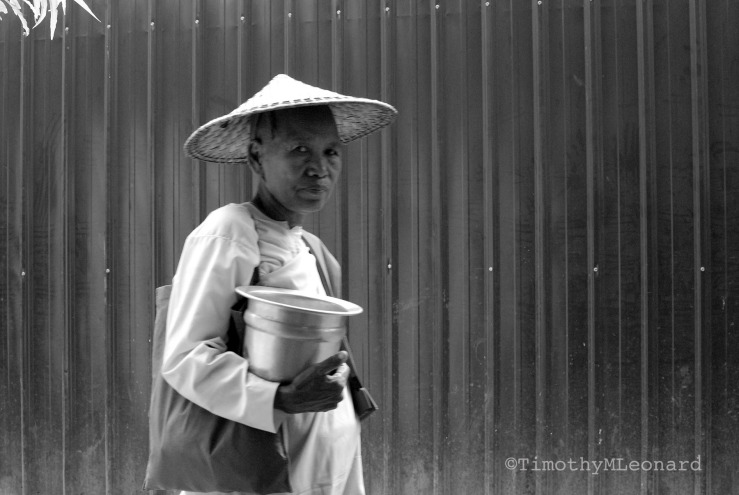
Mandalay
I never take yes for an answer.
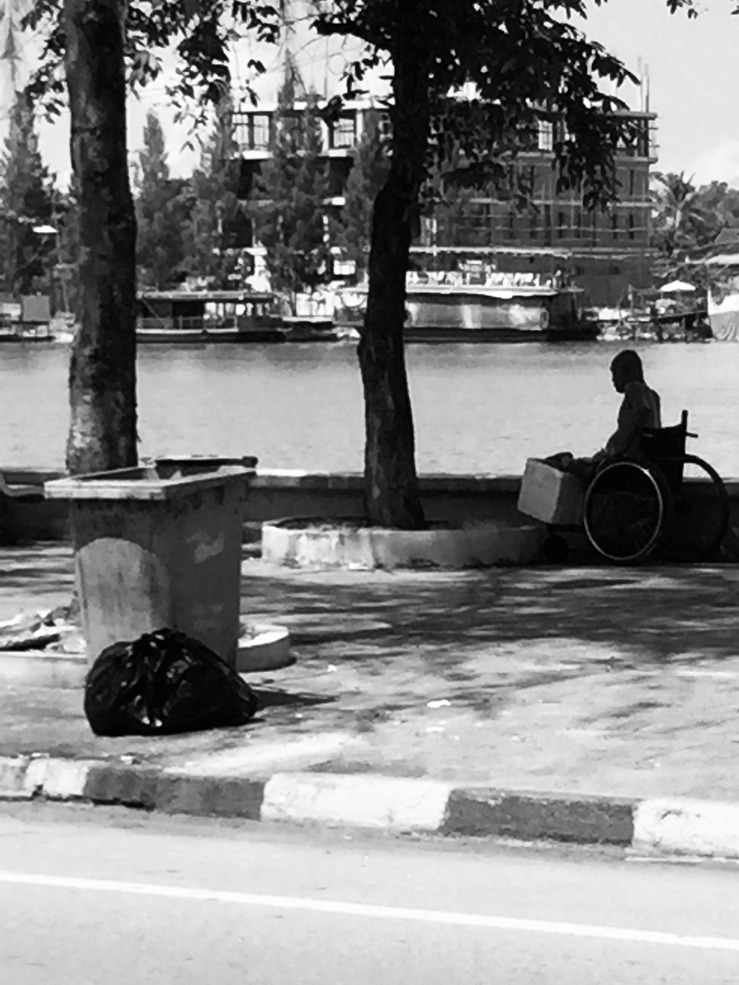
What I do today is important because I am paying a day of my life for it. What I accomplish must be worthwhile because the price is high.
*
Every day in Utopia is Clean Your Ears Day, said Leo. It’s a big deal considering ears are small and portable. They go everywhere you go.
The first time my ears were deep cleaned was in Chengdu. A woman worked at the open-air opera theatre decorated with gigantic red and black demon masks.
I watched her doing men sitting in bamboo chairs. Her tools and instruments were disinfected. Scaling, probing, curling out the wax. Cotton swabs.
It’s a great feeling. BUZZ. Today was the perfect opportunity to clean out the old ears. Bliss baby. Say what?
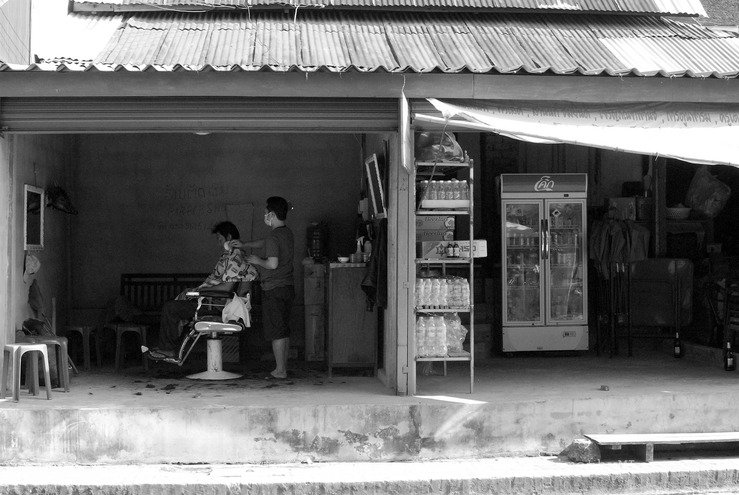
Aural chambers sing. The ear cleaning procedure removed debris and clutter as analyzed by auditory forensic experts:
1. cycle of cycles including life cycles
2. incessant trajectory of love and passion orators
3. hummingbird whispers
4. laughter
5. crying, whining, screaming children - many over 25
6. heartbroken lovers
7. distraught wandering tourists
8. dancing fools. you are a fool whether you dance or not, so you may as well dance
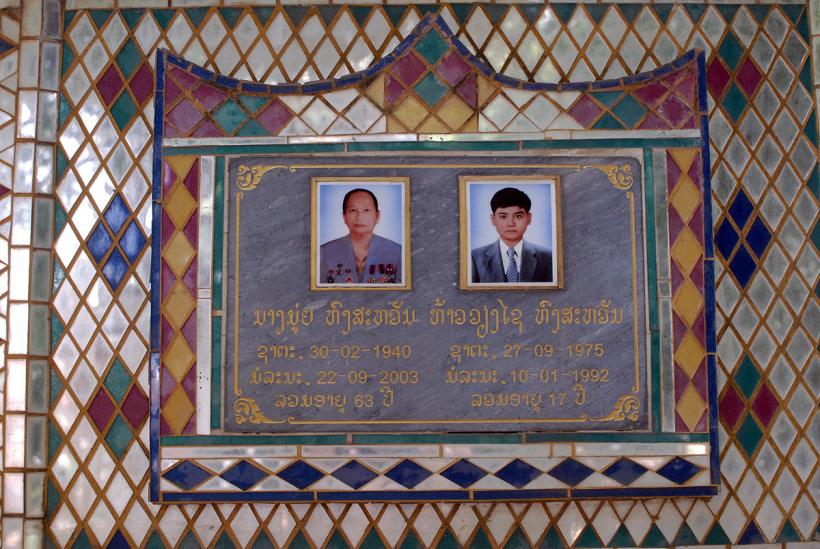
Vientiane, Laos
8a. crazies I love, fools are sheep
9. distracted kind idiots yelling at high decibel levels
10. minstrels
11. singers, dancers, hustlers
12. motorcycle cowboys, hookers, massage parlor slaves, rice slaves, rich/poor wage slaves
13. laughing sheep (volunteered slavery)
14. lonely philistine Filipino maids in exile from martial law and massacres hanging out in Saigon parks bothering travelers, talking about the weather, breaking their lonely ice lives discussing the value of shoes and jewelry on sale at discount stores
15. bored frustrated wives, husbands, lovers and mistresses with tresses in distress
16. unemployed vagrants, misfits, derelicts, amputees, orphans, storytellers
17. fortune tellers, employed or not, and prototype aliens filled with monetary motivations
18. nutritional experts and particle collider scientists
19. visions of a supreme creator laughing at everyone
20. people who say, I don’t have a listening problem, I have a hearing problem
21. your choice for $2.77 plus tax
Open your ears, open your Mind-At-Large, said Leo. Taking a risk is not fatal.
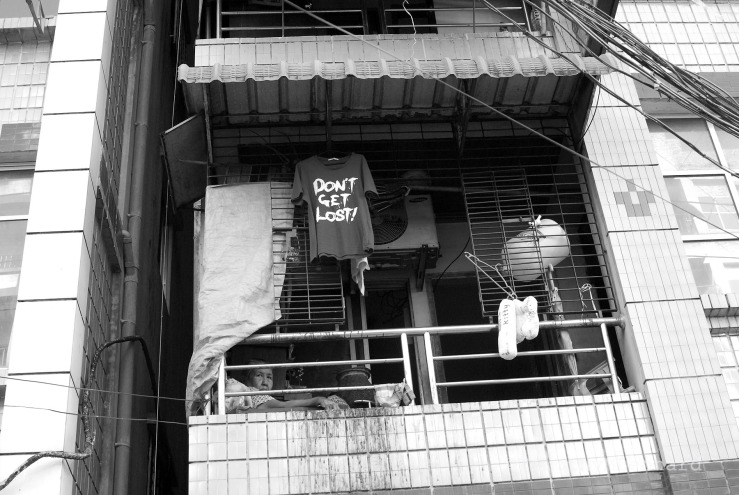
Yangon, Burma